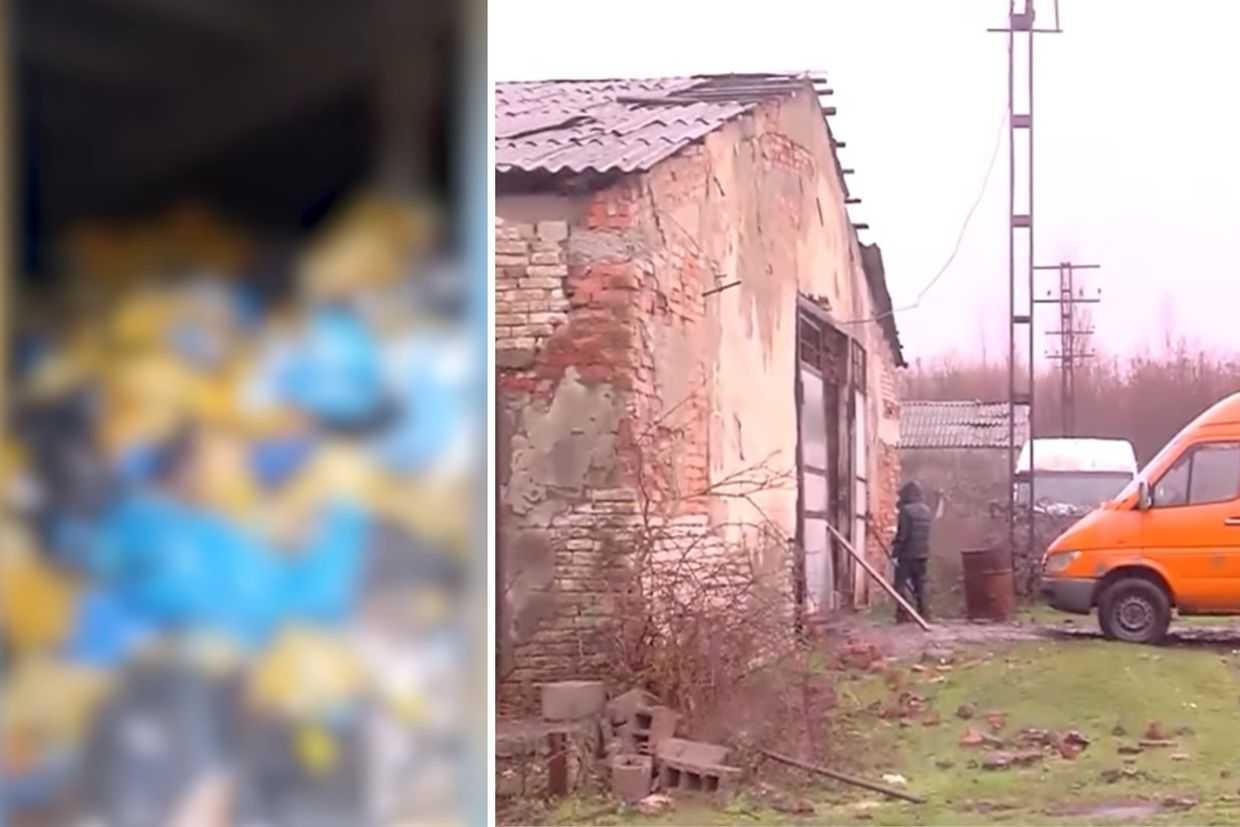
The Tbilisi City Hall and Adjara Tourism Department have halted financing for accommodation and meals in hotels for Ukrainian refugees.
Thousands of Ukrainians fleeing the war arrived in Georgia following Russia’s full-scale invasion of Ukraine in late February. At the beginning of March, the government announced it would provide temporary housing for them, initially for one month.
Last week, it was reported that Ukrainian citizens would have to leave their hotels on 1 August, after the scheme was renewed several times.
One Ukrainian refugee living in Batumi told journalists on Monday that they had nowhere to go.
‘There are many [Ukrainian refugees] who have nowhere to go [in Georgia]. We don’t want to be rude… but we don’t know where to go with our children’, she said
Another refugee from Mariupol who has been living with her daughter and grandchild in Batumi since fleeing the war, told journalists that she had no money to find a new place to live after incurring medical costs when her daughter was hit by a car in Batumi.
‘I have been here for four months. I have no money […] We have nowhere to go. Please help us’, she said.
Tbilisi City Hall said on 17 July that the Ministry of Health would take over care of Ukrainian refugees from August, and that they would now be given ₾300 ($100) per family and ₾45 ($15) per family member per month for the next three months. The United Nations High Commissioner for Refugees (UNHCR) will also provide ₾235 ($80) per person for two months.
The City Hall also said that Ukrainians would still be eligible for free travel on public transport and the use of municipal kindergartens, and art and sports schools.
The city hall said they had spent ₾14 million ($5 million) on housing and feeding more than 5,000 Ukrainian refugees in Tbilisi so far.









